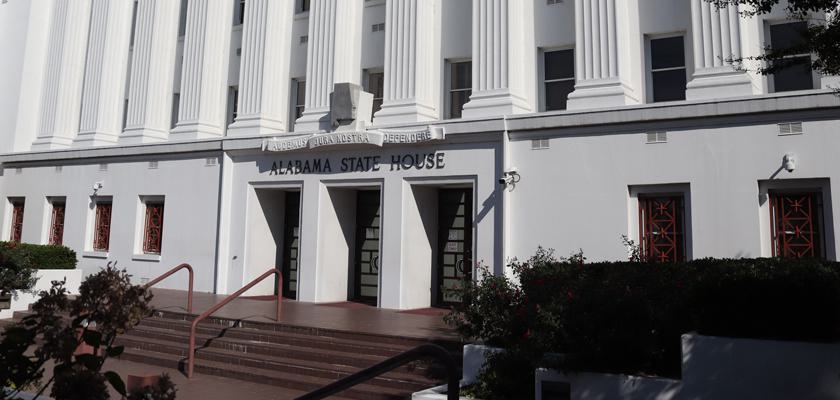Alabama has elected a new legislature. Few of our state representatives campaigned on a socialist platform. Yet a recent report from the Club for Growth suggests that our legislators do not support limited government and free markets either.
The Club for Growth compiles legislator scorecards for selected states. The recent ratings are from 2021 and not all newly elected representatives. They selected 21 House and 20 Senate votes after examining over 1,000. The votes were weighted based on importance in advancing a free market, pro-growth agenda. The scores range from 0 to 100 for a representative always voting the Club’s position.
The votes typically focus on spending or regulation. The three most heavily weighted votes were passage the General Fund and Education budgets and a bill granting civil immunity to businesses during COVID-19. The Club opposed the budgets for increasing spending more than “popflation,” or the sum of the rates of population growth and inflation.
House member scores range from 95 to 6 Senate scores from 35 to 0. The overall averages for the House and Senate were 24 and 23 respectively, with Republicans scoring marginally higher in both chambers (28 and 27 in the House and Senate).
Alabama fares poorly relative to Club scorecards for other southern states. I will compare Republican averages, with the House average given first: Georgia, 68 and 73; Tennessee, 50 and 44; Texas 64 and 76; Virginia, 80 and 69; and Mississippi, 34 and 28. The scores are not directly comparable since the bills differ, but suggestive.
Do these voting patterns translate into policy differences? Consider the Tax Foundation’s recently released 2022 State Business Tax Climate index. Alabama ranks 41st, down two spots from 2021. Although large, politically favored businesses secure exemptions, high taxes burden small businesses hoping to grow. By comparison Tennessee ranks 13th, Texas 14th, Virginia 26th, Mississippi 30th and Georgia 32nd.
Canada’s Fraser Institute just released its 2022 Economic Freedom of North America index. Alabama ranks 22nd with a slightly improved score from 2021. But Texas ranks 4th, Tennessee 5th, Virginia 6th, Georgia 8th and Mississippi 37th. Alabama is not California or New York on economic freedom – the last ranked states - but we trail many of our neighbors.
Alabama does not lead on education or education reform. Alabama’s 2022 4th and 8th-grade math, reading and science scores on the NAEP, or “the nation’s report card,” ranked 41st or lower. In 2022 Arizona and West Virginia enacted significant school choice reforms. Alabama maintains our failing status quo.
Government in Alabama is small. My preferred measure is state and local taxes, which controls for differences in home rule, either per person or relative to state income. Alabama consistently ranks in the bottom ten states on each measure.
Alabama does not have big state government and our elected state officials do not push socialism. And yet our legislators do not support a genuine free market alternative to big government. We end up with “big government on the cheap,” with the state undertaking many functions yet doing things poorly due to limited funding.
What do our state representatives favor? Let me offer one possibility. Even small government is big business. Consider contracts for things like road repairs, government buildings, and new computers. The owners of the companies winning these contracts can pay their bills and live well. Government in Alabama seems to be primarily about allocating contracts and jobs, the business of government.
The business of government does not necessarily entail corruption, although I have heard the joke about Alabama term limits. Suppose the contracting process works well and identifies two bidders who can perform equally well for the same cost. The identity of the winner does not matter to taxpayers but matters immensely to the bidders. Carrying out the business of government is political, even without any illicit payments.
The start of a new legislative term allows us to ask ourselves, and then our elected representatives, what do we want? Do we believe that government or the private sector generates prosperity? I hope our elected representatives attend to the philosophy of and not just the business of government.
Daniel Sutter is the Charles G. Koch Professor of Economics with the Manuel H. Johnson Center for Political Economy at Troy University and host of Econversations on TrojanVision. The opinions expressed in this column are the author’s and do not necessarily reflect the views of Troy University.The views and opinions expressed here are those of the author and do not necessarily reflect the policy or position of 1819 News. To comment, please send an email with your name and contact information to Commentary@1819News.com.
Don’t miss out! Subscribe to our newsletter and get our top stories every weekday morning.










